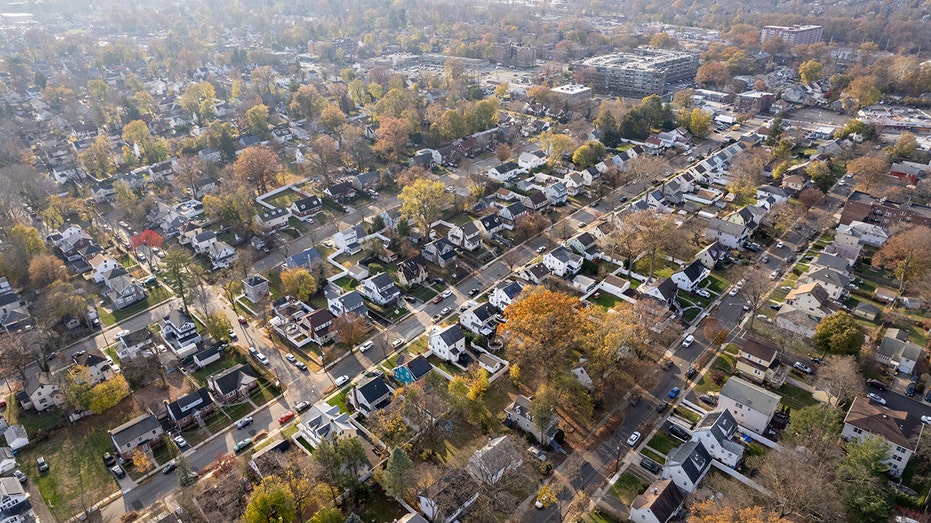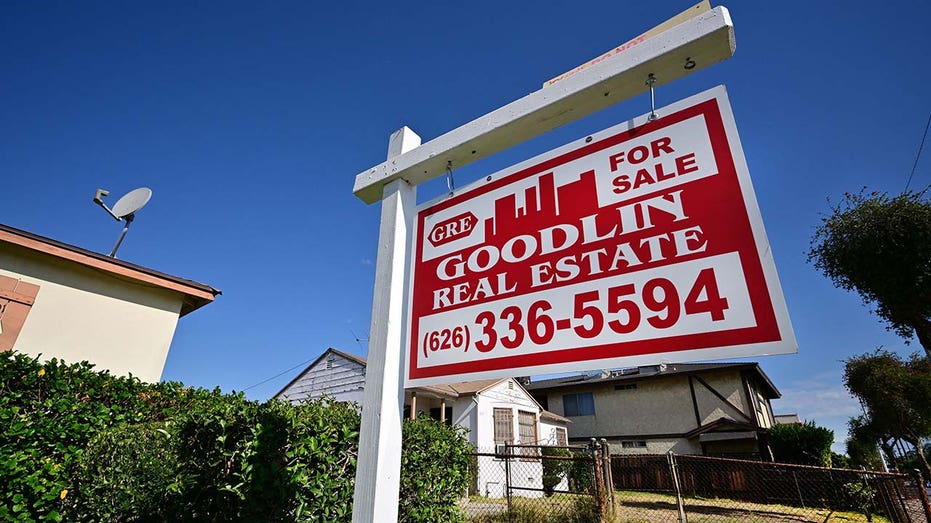Economist who called 2008 housing crash predicts another 15% drop in home prices
Home prices have a way to go before they hit bottom, economist argues
Housing market is key to whether US dips into a recession: Warren Pies
3Fourteen Research founder explains why the housing market is not healthy due to unaffordable prices on 'Making Money.'
A U.S. economist famous for predicting the 2008 housing crash believes that home prices could plunge another 15% this year.
In a recent analyst note, Ian Shepherdson – the founder and chief economist of Pantheon Macroeconomics – suggested that home price declines will accelerate further in 2023 as a result of low affordability and growing inventory.
"We estimate that single-family home prices have fallen by 5.4% from their recent peak in May 2022, but they still need to fall by a further 15% or so before they return to their long-run average, compared to disposable incomes," he wrote in a recent note to clients.
Although consumer demand likely is bouncing back from a low point in the fall as mortgage rates fall from a record-high, Shepherdson – who predicted the mid-2000s housing bubble and subsequent recession – believes that prices have a ways to go before they hit bottom.
US ECONOMY COULD SEE 'SECOND CHAPTER' IN PANDEMIC PRICE SURGE

Residential homes in Teaneck, New Jersey, US, on Thursday, Nov. 24, 2022. (Photographer: Yuvraj Khanna/Bloomberg via Getty Images / Getty Images)
During the COVID-19 pandemic, home prices soared at a pace not seen since the 1970s with mortgage rates near a record low. Homebuyers – flush with stimulus cash and eager for more space during the pandemic – flocked to the suburbs; demand was so strong, and inventory so low, at the height of the market that some buyers waived home inspections and appraisals or paid hundreds of thousands over asking price.
LOOKING TO BUY A HOUSE? IT'S THE WORST TIME IN A GENERATION TO DO SO
That frenzy came to a halt when the Federal Reserve embarked on the most aggressive interest-rate hike campaign since the 1980s as it tried to slow the economy and crush runaway inflation. Policymakers already lifted the benchmark federal funds rate seven consecutive times in 2022 and have indicated they plan to continue raising rates higher this year as they try to crush inflation that is still running abnormally high.
The interest rate-sensitive housing market has borne the brunt of the tighter policy, with mortgage rates more than doubling over the course of the year. Home sales evaporated and prices began to decline from record highs.

A For Sale sign is posted in front of a property in Monterey Park, California on August 16, 2022. (Photo by FREDERIC J. BROWN/AFP via Getty Images / Getty Images)
But demand has shown early signs of returning as mortgage rates continue to fall: The average rate for a 30-year fixed mortgage dropped to 6.09% last week, according to data from mortgage lender Freddie Mac. (That is still significantly higher than just one year ago when rates hovered around 3.56%).
"Mortgage rates have fallen by 93bp since late October, and demand looks to be rebounding—modestly—after collapsing last year," Shepherdson wrote. "To be clear, any rebound in sales from here will be small; monthly payments for a new buyer of an existing home have fallen, but were still up 54% year-over-year in December."
GET FOX BUSINESS ON THE GO BY CLICKING HERE
And although home prices are falling, they remain higher than they were one year ago: The median price of an existing home sold in December was $372,700, a 2% increase from the same time a year ago. This marks the 130th consecutive month of year-over-year home price increases, the longest-running streak on record, according to a separate report published last week by the National Association of Realtors.

Jerome Powell, chairman of the U.S. Federal Reserve, arrives to speak during a news conference following a Federal Open Market Committee (FOMC) meeting in Washington, D.C., US, on Wednesday, Sept 21, 2022. (Photographer: Sarah Silbiger/Bloomberg via Getty Images / Getty Images)
Another aspect of Shepherdson's argument is the supply side of the equation; he believes that home supply will increase going forward. Prices tend to fall when supply increases.
"The increase in existing home supply, meanwhile, appears to have stalled in December, with inventory of single family homes unchanged at 3.4 months of current sales. But we remain confident that inventory will rise again before long, especially as the downward adjustment in prices accelerates," he said.





















